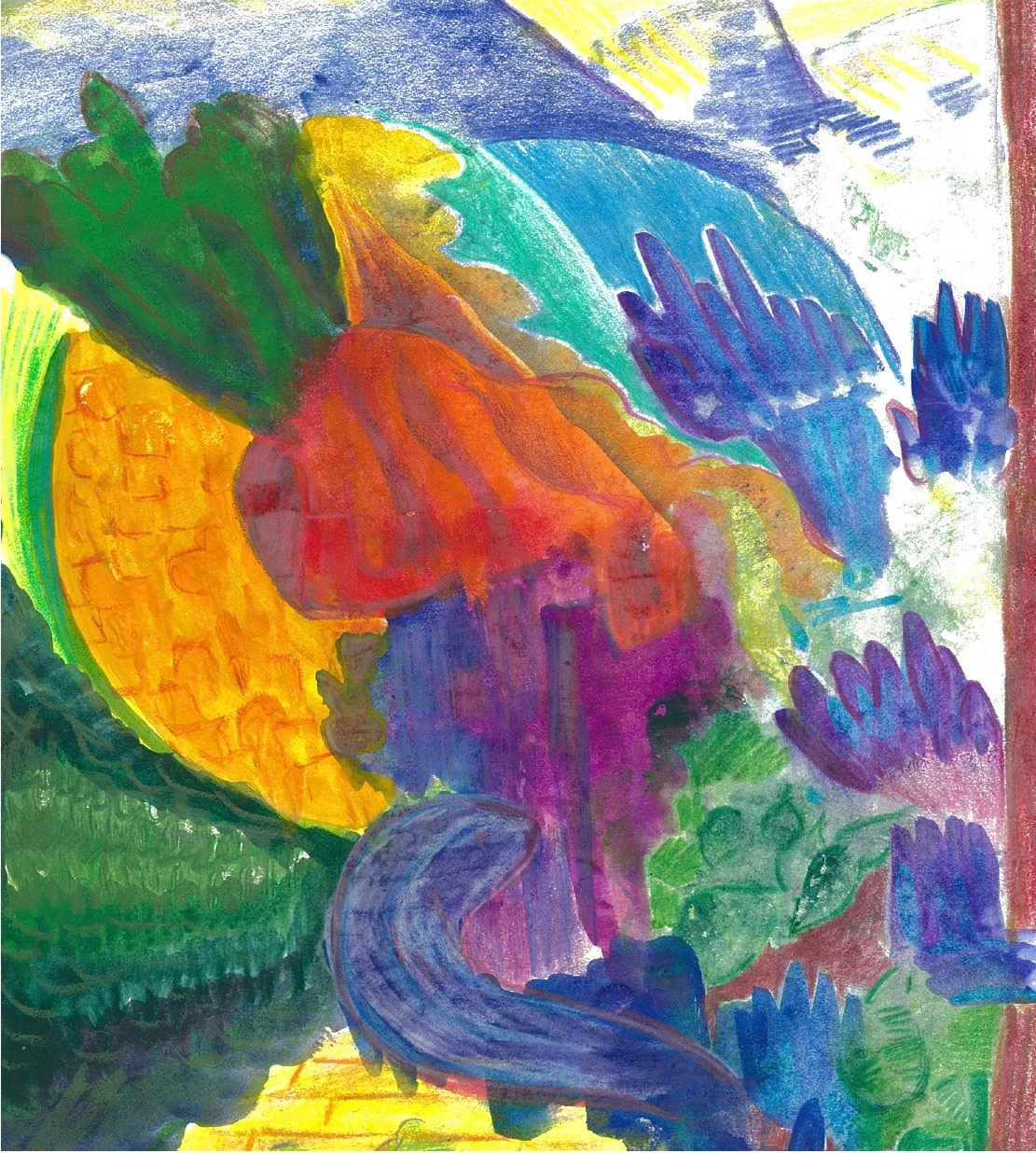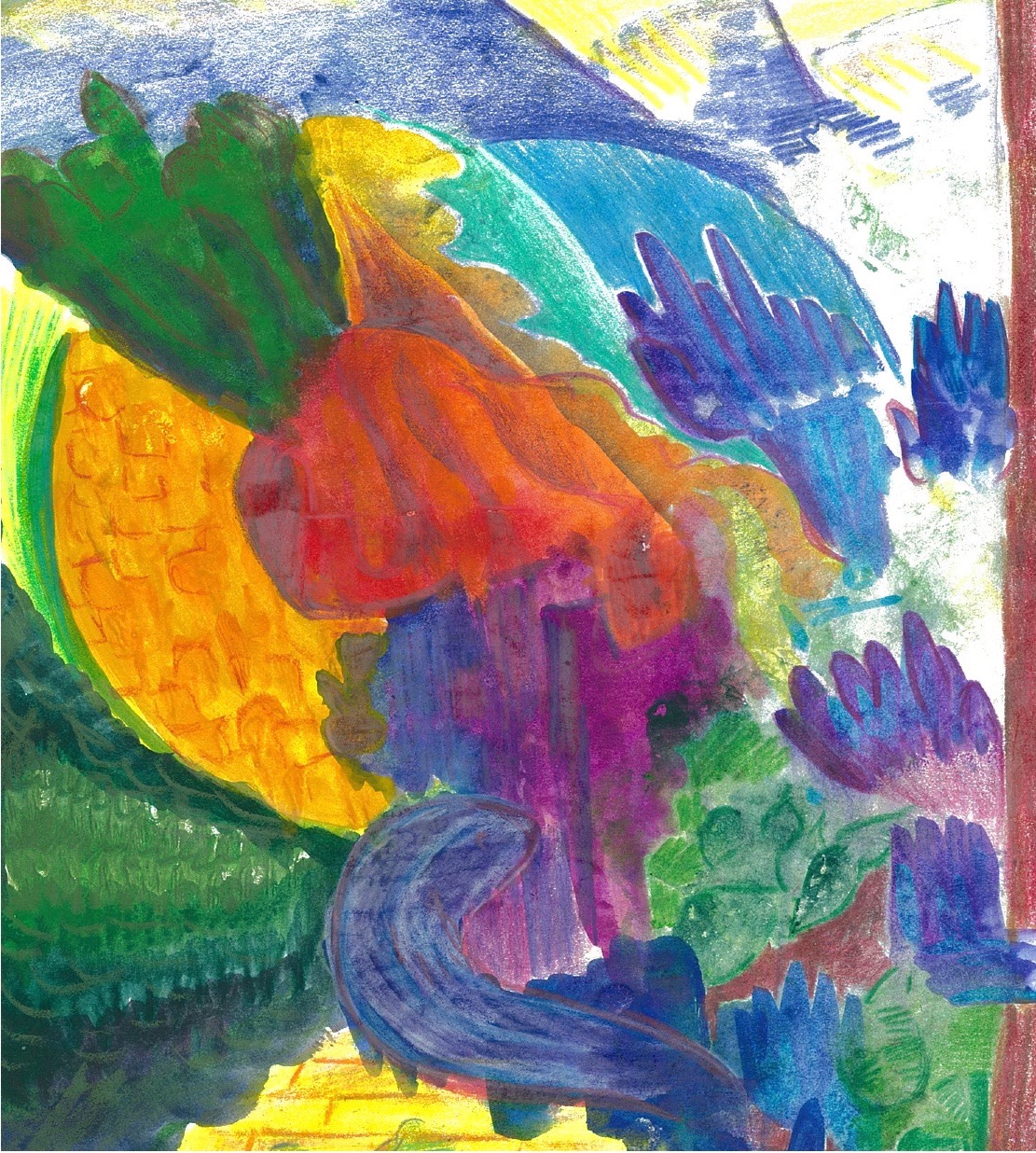“When we are no longer able to change a situation, we are challenged to change ourselves.”
Viktor Frankl
Nearly twelve years ago now, at age 18, I experienced an episode of major clinical depression that blew my whole world wide open and left me reeling and–in the aftermath–grappling with what had happened and doing my best to rebuild for myself a sense of safety and purpose and identity. One of the questions that plagued me was: ‘why?’
How could this have happened when there was nothing wrong in my life? In the months leading up to my depressive episode, in fact, everything seemed to be going incredibly right, and part of my despair was that—as my life blossomed externally—I felt increasingly miserable. I felt that I was too blessed and too fortunate to be so miserable. I felt guilty, as though my foray into the depths of my own shadow was a self-indulgent bid for attention, that I ‘should have known better’, that there were too many other people in the world who were far worse off than I, and that I should get over myself.
Over the past several years, I have sought to find peace with these experiences, and I have come a long way in integrating and healing and laying to rest the old wounds I have clung to from that very challenging summer. Most recently, I came to see one specific lesson that I learned that I want to share here, which is this: If I could make myself miserable—surrounded, as I was by all the blessings I could ask for, raised by two exceedingly loving parents, given every opportunity imaginable to succeed and to thrive—then perhaps therein lay the very antidote to my misery. Namely, that the quality of my life was not reliant upon my external reality. As such, I had agency to choose my internal experience regardless of external factors to a much greater degree than I had previously thought possible.
My vivid imagination, and my capacity to find deep meaning, rich symbolism, intensity, and archetypal significance in even the most seemingly innocuous events had fueled the fires of my anxiety, and I had hated these parts of myself. I felt that my tendency to be too intense and take things too seriously was embarrassing and childish. I felt impatient with the parts of myself that couldn’t just chill out and be cool.
However, I have come to see that it is these very propensities which, when harnessed in a constructive manner, allow me to build for myself a sense of purpose and meaning in my life regardless of any external events. What was to say that my greatest strength might not in fact be my greatest weakness brought more fully into mature realization and tempered with prudence, patience, and self-trust?
At a time on our planet when external events can feel overwhelmingly negative and out of our control, I invite you to consider that your happiness and quality of life are not entirely dependent on these external factors. In fact, they may be far less dependent on external factors than you realize. Moreover, attending to your own unique, individual wounds and vulnerable places may reveal once-hidden gifts that are unique to you and that you can share with others. It just might be that the parts of yourself that you hate or resist hold the key to unlocking these gifts.
Happy New Year.


No responses yet